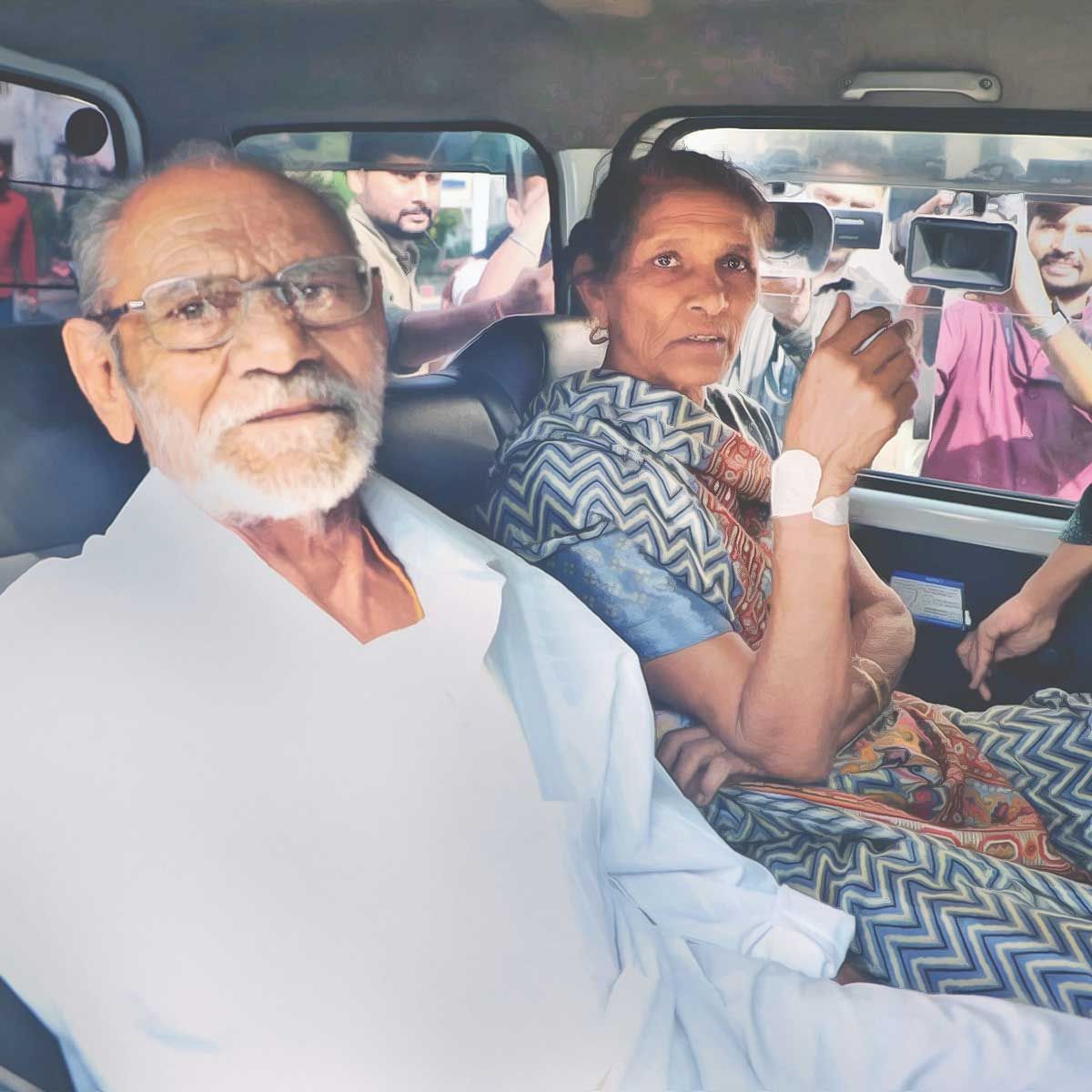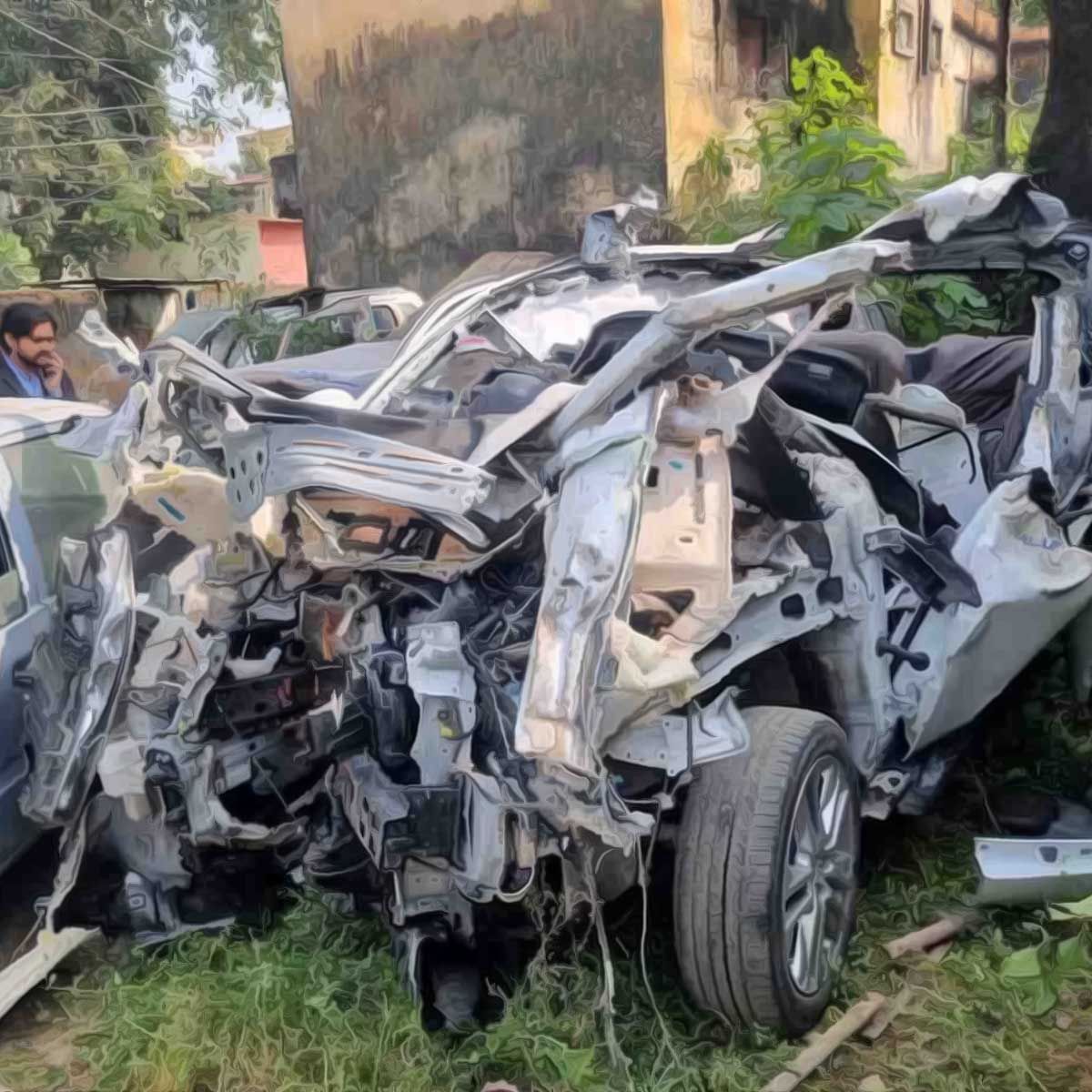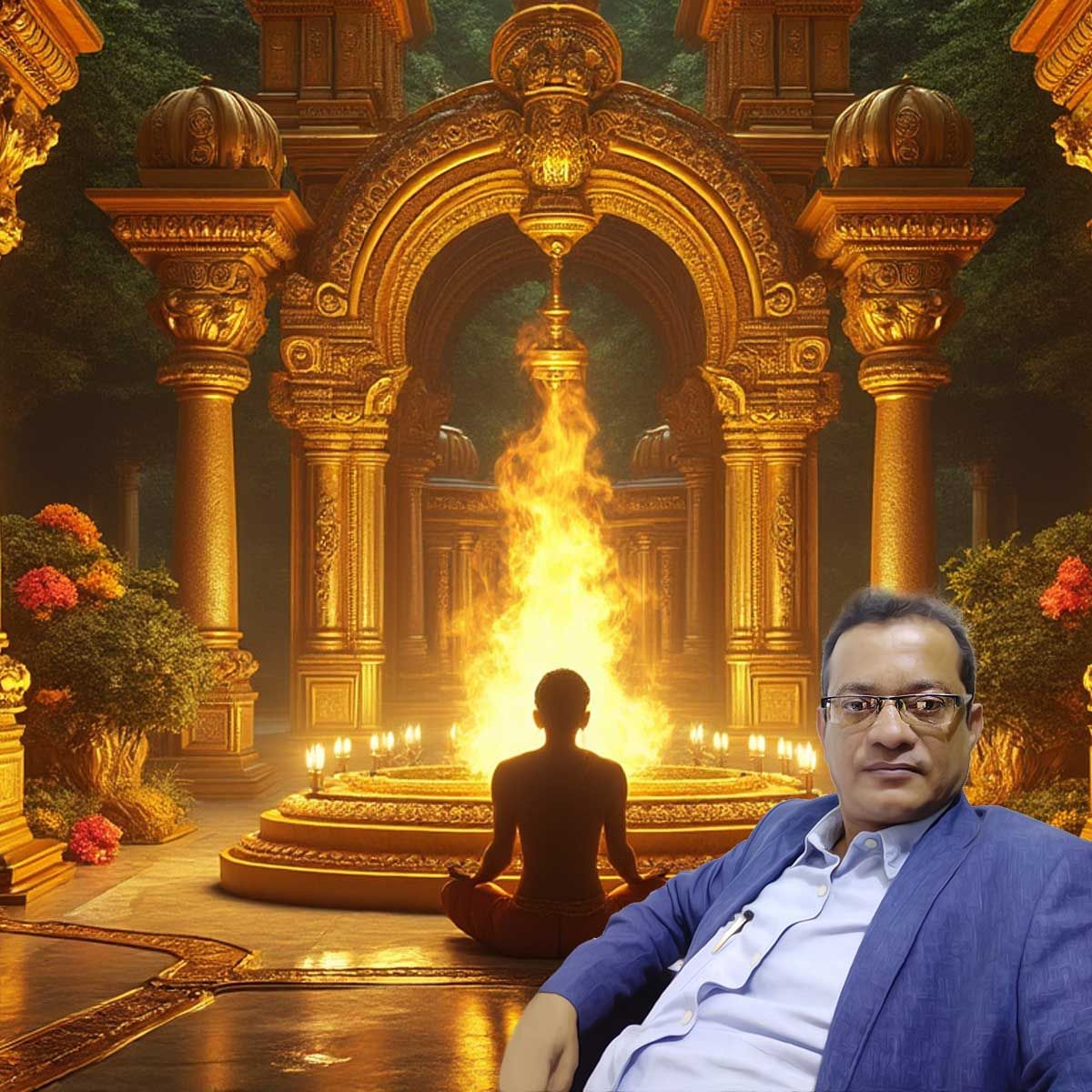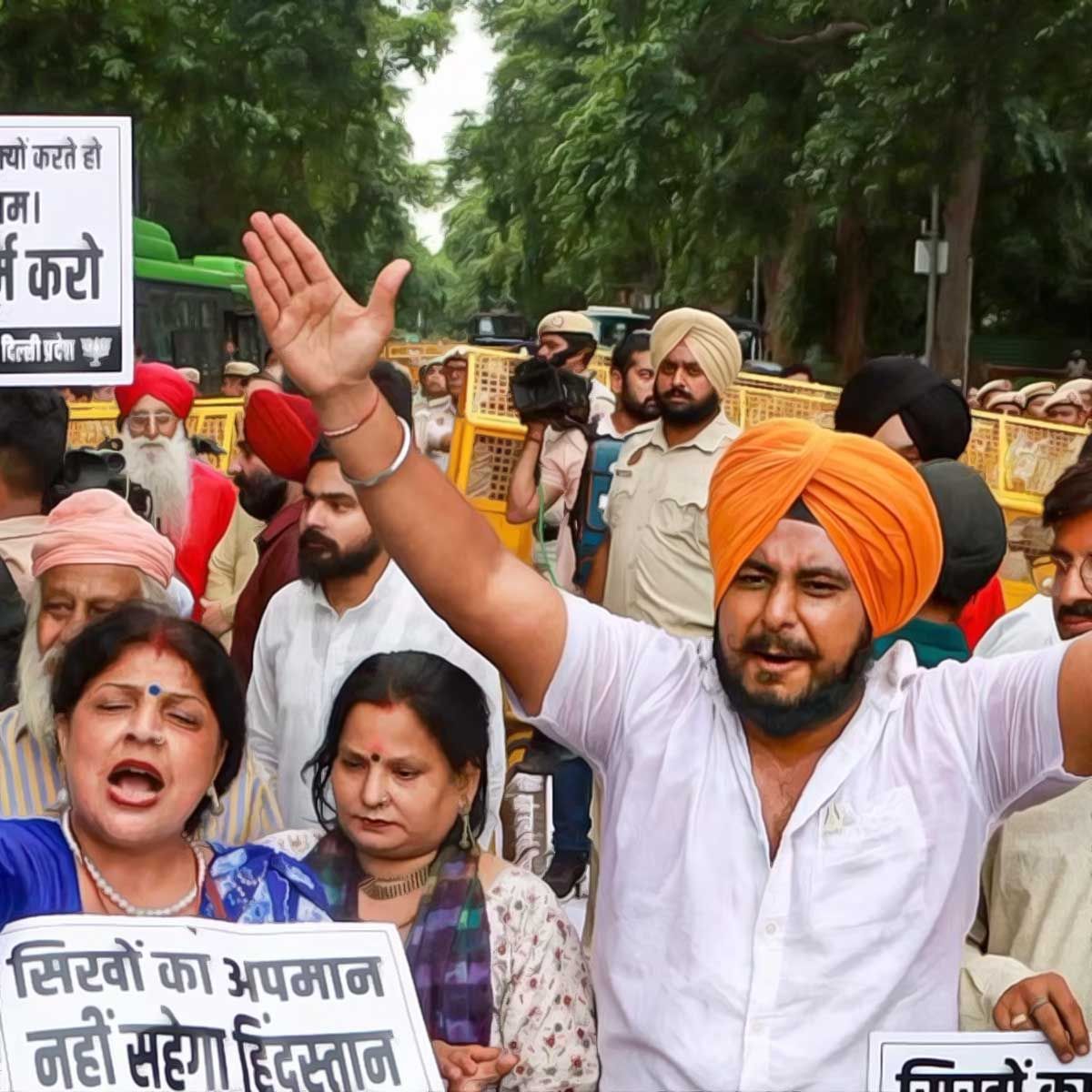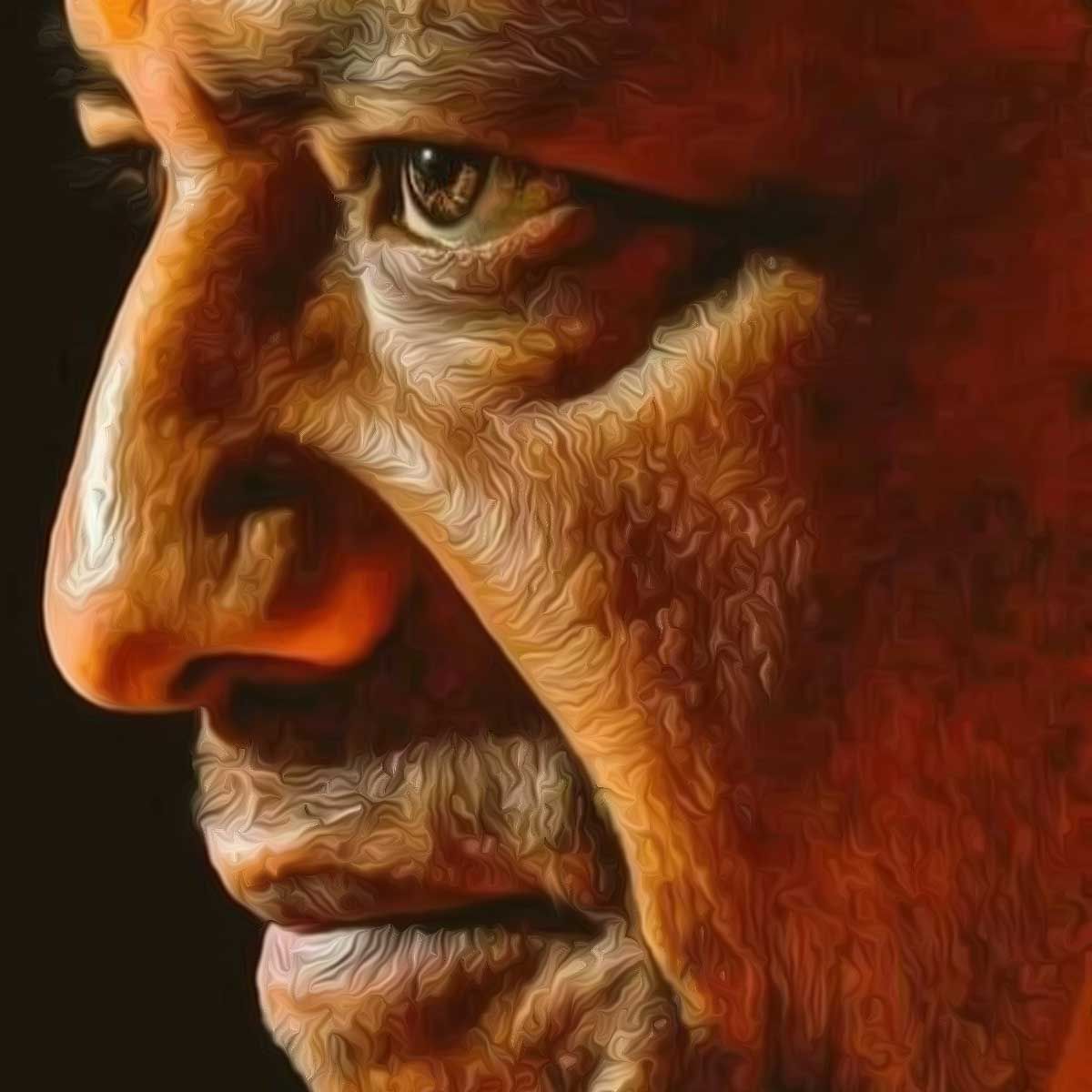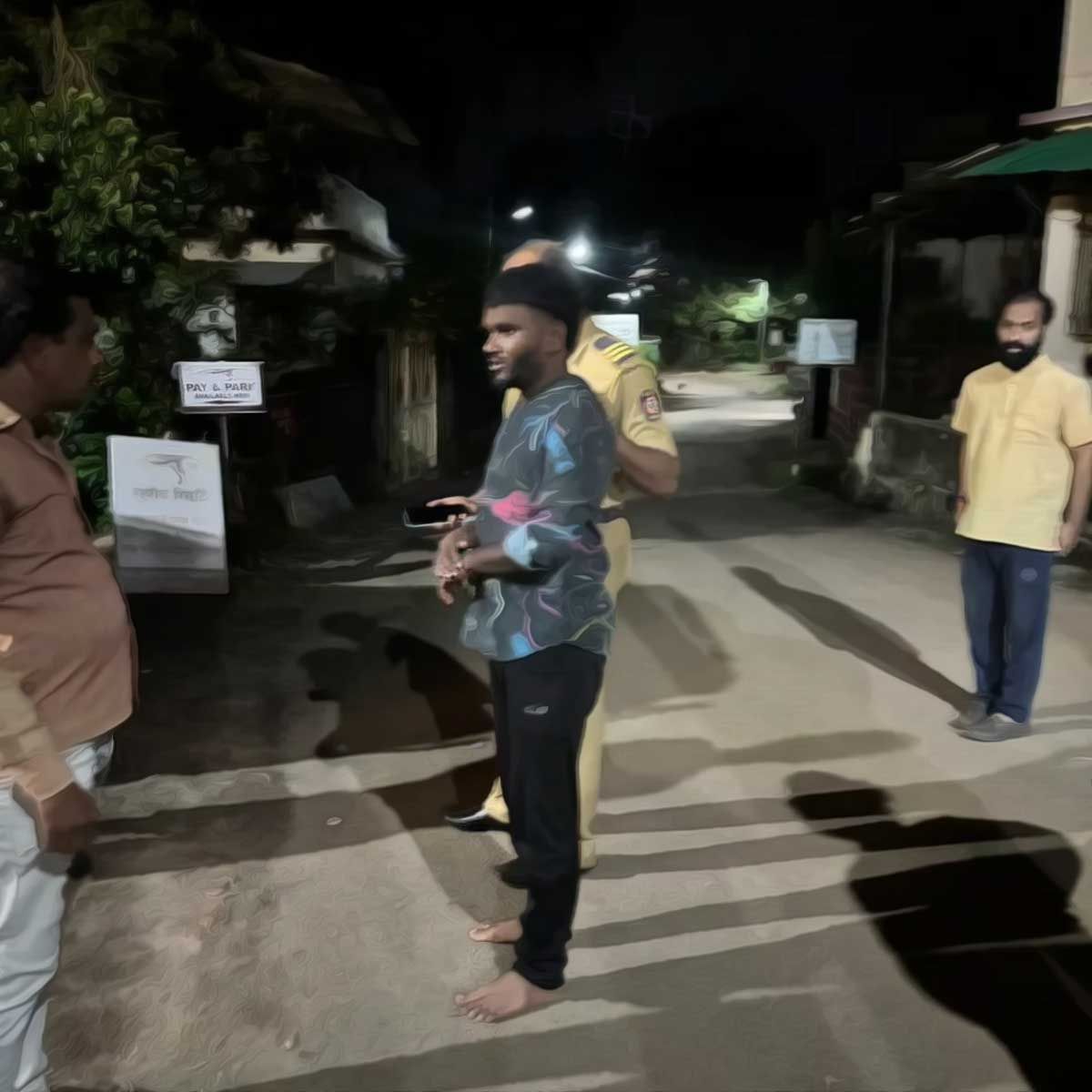More Coverage
Twitter Coverage
JOIN SATYAAGRAH SOCIAL MEDIA
"Faith in judiciary has eroded considerably, need to find out what went wrong": Justice Oka reveals a stark truth that faith in judiciary wrecked, highlighting lower courts' struggles & the CJI's recent admission of mediocrity, calling for urgent reforms

In a moment of introspection and candidness, Supreme Court Justice Abhay S. Oka delivered a striking message during the Second Shyamala Pappu Memorial Lecture. His words shed light on a concerning issue facing India's judiciary system — the diminishing faith of the common man in its ability to deliver justice.
|
Justice Oka pinpointed a significant problem: the inaccessibility of quality and affordable justice. He expressed a poignant reflection on the state of the judiciary, contrasting the current scenario with the past. “Maybe during last 75 years, in functions like this, where bar and bench were together, we kept on patting our own backs by saying the Judiciary is the last resort for common man…common man has faith in the judiciary. My personal view is that whatever faith was there, in maybe 1950, has eroded considerably due to various reasons. The main reason, of course, is that we are not able to provide proper access to justice. Quality justice and justice at a reasonable cost. Therefore, in my view, we have to find out where we have gone wrong.”
This honest admission from a figure of Justice Oka's stature is a rare and critical moment of self-assessment for the Indian judicial system. It acknowledges the gap that has developed over the years — a gap between the judiciary's ideals and the public's perception of its effectiveness and accessibility.
Justice Abhay S. Oka emphasized the need for judges to be more connected and grounded in reality. Speaking on access to justice, he said that the judiciary has not fulfilled the expectations of common citizens of India and is lagging far behind. During the Second Shyamala Pappu Memorial Lecture, he shared his personal insights and experiences, painting a picture of the judiciary's current challenges in meeting the expectations of the common citizens.
Justice Oka, with his extensive experience in the Bombay High Court and as the Chief Justice of Karnataka High Court, stressed the importance of judges stepping out of their 'ivory towers'. “As a judge of the Bombay High Court and Chief Justice of Karnataka High Court, even today, I firmly believe that judges should not stay in ivory towers. As a judges of Bombay High Court, I had number of opportunities to go to taluka places, to visit district places, interact with the lawyers, interact with litigants coming to the Courts…I have been interacting with all stakeholders, and my personal view, which I can gather from my interaction with all the stakeholders, is that the judiciary has not fulfilled the expectations of the common citizens of India. In fact, we are lagging far behind.” These words reflect his conviction that the judiciary needs to be more in tune with the people it serves.
|
Justice Oka's insights came as part of his lecture on “Access to justice in the context of 75 years of the Indian Constitution.” The event was graced by other eminent personalities, including Justice KV Viswanathan and Supreme Court Bar Association President Adish Aggarwala.
Justice Abhay S. Oka, in his continuing discourse emphasized the necessity of introspection. He began by making a clear distinction between his personal opinions and the views of the Supreme Court. “Please do not confuse between the views of the Supreme Court and my personal views.,” he cautioned, delineating the boundary between institutional perspectives and individual beliefs.
Justice Oka's talk, centered on the critical theme of access to justice, delved into the essence of what true judicial access means. He explained that mere procedural formalities like filing a case or lodging a complaint do not equate to genuine access to justice. Speaking from his rich experience, he advocated for a deeper examination of the judicial system's performance over the years. “When we say access to justice, it has to be a quality and expeditious justice rendered at a reasonable cost. Merely allowing somebody to file a case does not mean that we have granted him access to justice. So, 75 years of existence of constitution, I always believe that we must look back and virtually conduct audit of how the Courts have performed to find out whether Courts have really achieved what common man wanted the Courts to do.,” Justice Oka asserted.
This call for an audit is not just a procedural suggestion but a profound introspection into whether the courts have lived up to the expectations of the common man. It challenges the judiciary to assess its effectiveness in delivering quality, timely, and affordable justice.
Justice Abhay S. Oka delved deeper into the reasons behind the judiciary's failure to meet the common man's expectations. A significant part of his analysis focused on the state of India's trial and district courts.
Justice Oka identified a fundamental issue: the long-standing neglect of these primary courts within the judicial system. “The first reason is that we neglected our trial and district courts…we have not given the importance which our trial and district courts deserve. There is one indication which will prove how we neglected these courts. For years together, we used to describe these courts as lower Courts, subordinate courts, etc…Now, there cannot be any lower Court as such. Every Court is a court.” This statement underscores his view that all courts, regardless of their level, play a vital role in the judicial process and should be valued equally.
He further reflected on the reality for the common man, for whom these courts are often the final point of legal recourse due to the high costs and complexities of pursuing cases in higher courts. This situation highlights the crucial role that trial and district courts play in providing accessible justice to the majority of the population.
Justice Oka also shed light on the disparities in the treatment of civil and district court judges, especially concerning their remuneration. “There were fifth sixth and seventh pay commission. Of course, the pay commission does not cover the judiciary. So, last fifth sixth and seventh pay commissions…after pay commission was implemented for government servants, the government thought it fit to amend the law and enhance the salary and renumeration payable to the judges of the constitutional courts. But in case of all three pay commissions, there was only one class of public servants which was the last to receive benefit of enhancement of paying and that was class of our civil and district court judges.” This point highlights the delayed and often inadequate financial recognition afforded to the judges at the grassroots level of India's judicial system.
In his comprehensive analysis of the judiciary's challenges during the Second Shyamala Pappu Memorial Lecture, Justice Abhay S. Oka touched upon recent developments and ongoing issues that impact the effectiveness of judicial systems in India.
Justice Oka referenced a significant Supreme Court order related to judicial officers' welfare. This order, stemming from the case of All India Judges Association v. UoI And Ors, mandates State Governments to pay arrears to judges as per the scales enhanced by the Second National Judicial Pay Commission (SNJPC) by February 29, 2024. This decision is a step towards addressing some long-standing concerns about the compensation and support for judicial officers.
Further delving into the challenges faced by the judiciary, Justice Oka highlighted the role of legislation in burdening trial and district courts. He specifically mentioned Section 138 of the Negotiable Instruments Act, which transforms a civil wrong into a criminal offense. “Look at the scenario, go to any metropolitan city across India….you will find that every magistrate has more than hundred matters everyday on the causelist and maybe 25-30 % are (Section) 138 matters. That is how the legislature has clogged the system.” This observation points to the legislative decisions that inadvertently contribute to the overloading of courts with cases.
Another critical issue Justice Oka addressed was the influx of matrimonial litigations in the judicial system. He pointed out the cascading effect of one matrimonial dispute leading to multiple legal proceedings. “You can see from Supreme Court…how many transfer petitions we get. All transfer petitions, barring few exceptions, are in matrimonial matters…”
Justice Oka brought up the example of the Commercial Courts Act to illustrate potential legislative measures that could alleviate the judicial burden. Specifically, he mentioned the mandatory conciliation process required before filing under this Act, suggesting that similar approaches could be beneficial in reducing the influx of matrimonial dispute cases. This idea implies a proactive strategy to manage legal disputes more efficiently and reduce the strain on the courts.
As the lecture progressed, Justice Oka touched upon the broader issue of inconsistent policies and priorities within the judiciary. “We do not have cases which decide which cases should be given priority…. I remember, few years back, Supreme Court said give priority to cases of all senior citizens….If you want to improve access to justice, someday you will have to come out with a rationale policy of giving priorities.” This statement highlights the lack of a systematic approach to case prioritization, which affects the overall efficiency and fairness of the judicial process.
He also addressed the disparity in legal representation and its impact on case prioritization. “Somebody who can afford to engage a good counsel in a higher court gets priority, and all other people, those who cannot afford, are patiently in the queue. This happens because we do not have that sense of priorities.,” Justice Oka remarked, shedding light on the inequality faced by those unable to afford high-quality legal representation.
Further, he pointed out an issue in the handling of criminal appeals, noting that while appeals involving incarcerated convicts are prioritized, those where the accused are out on bail do not receive the same urgency.
Justice Oka highlighted a significant problem in the handling of criminal appeals in High Courts. “Practically, in all leading High Courts, you will find that there is a pendency of 20 years' appeals against convictions where the accused are on bail. Look at the disastrous consequences, if you do not hear such matters by giving priority, after a gap of 20 years when High Court confirms the sentence…after a gap of 20 years, the person has to go to jail and undergo punishment. Now, 20 years is a huge span. People move ahead in life…” This statement sheds light on the dire consequences of judicial delays, where individuals face incarceration after a prolonged period, disrupting their lives and families.
Recognizing the need to address this issue, Justice Oka suggested that the judiciary should reevaluate its priorities, possibly finding a balance between different categories of appeals to mitigate such long delays.
Towards the end of his lecture, Justice Oka pointed out a legislative effort to improve access to justice: the Legal Services Authorities Act of 1987. This Act was a significant step towards providing legal aid to those in need. However, he noted a crucial area for amendment. “Talking about the categories entitled to free legal aid, he said that Section 12(8) of the Act needs to be amended. Section 12 of the Legal Services Authorities Act entitles a set of people to avail of legal services. This includes people in receipt of annual income less than rupees nine thousand. However, the annual income is less than rupees twelve thousand if the case is before the Supreme Court.” Justice Oka's mention of this specific section highlights an area where legislative reform could further enhance access to justice, especially for those with limited financial resources.
He pointed out that the financial thresholds for eligibility for free legal aid are outdated, given the rise in the minimum wage rates. “This requires amendment. Today, the rate of minimum wages has gone up…,” Justice Oka stated, advocating for an update to the Act to make legal services more accessible to those in need.
Justice Oka's closing remarks highlighted a broader social issue: the reluctance of a large segment of the population to seek justice through the courts. “While concluding his lecture, Justice Oka said that even today, maybe (because of) social reasons, economic reasons, or any reason, a large of citizens do not even think of approaching the Court of Justice for justice. They keep on suffering the injustice silently.”
The concerns raised by Justice Oka are profound and call for serious introspection within the judiciary and the legislative framework. His observations about the state of the judiciary, the need for prioritization in handling cases, the challenges faced by trial and district courts, and the need for amendments to the Legal Services Authorities Act highlight critical areas that require attention and reform.
It remains to be seen whether Justice Oka's insights and suggestions will lead to tangible improvements in the judiciary or whether they will become another well-articulated yet unheeded call for change. Will his observations result in actionable reforms, or will they fade into the archives as eloquent but ultimately ineffectual words of a judge striving to make a difference? The impact of his speech and the subsequent actions (or lack thereof) taken by the judicial and legislative systems will be a true measure of the commitment to improving access to justice for all citizens of India.
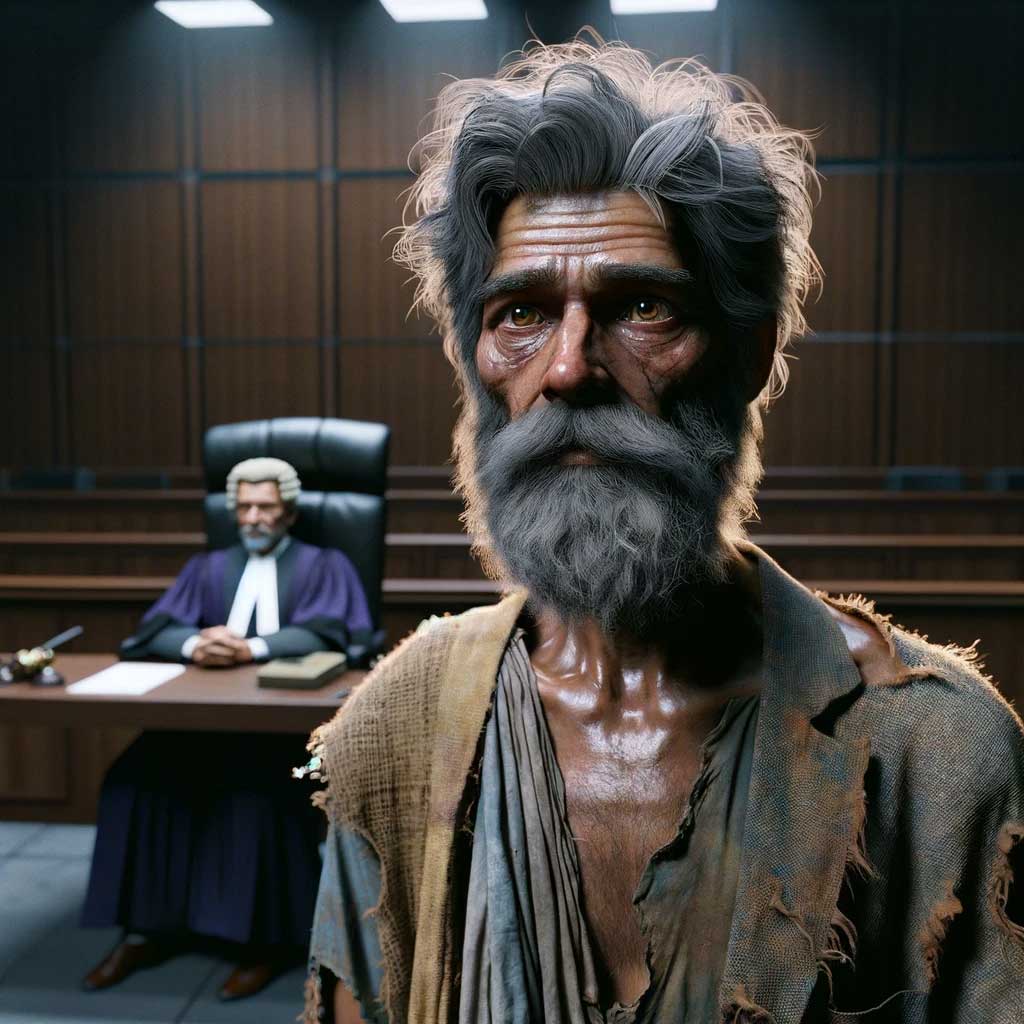 |
 Support Us
Support Us
Satyagraha was born from the heart of our land, with an undying aim to unveil the true essence of Bharat. It seeks to illuminate the hidden tales of our valiant freedom fighters and the rich chronicles that haven't yet sung their complete melody in the mainstream.
While platforms like NDTV and 'The Wire' effortlessly garner funds under the banner of safeguarding democracy, we at Satyagraha walk a different path. Our strength and resonance come from you. In this journey to weave a stronger Bharat, every little contribution amplifies our voice. Let's come together, contribute as you can, and champion the true spirit of our nation.
 |  |  |
| ICICI Bank of Satyaagrah | Razorpay Bank of Satyaagrah | PayPal Bank of Satyaagrah - For International Payments |
If all above doesn't work, then try the LINK below:
Please share the article on other platforms
DISCLAIMER: The author is solely responsible for the views expressed in this article. The author carries the responsibility for citing and/or licensing of images utilized within the text. The website also frequently uses non-commercial images for representational purposes only in line with the article. We are not responsible for the authenticity of such images. If some images have a copyright issue, we request the person/entity to contact us at This email address is being protected from spambots. You need JavaScript enabled to view it. and we will take the necessary actions to resolve the issue.
Related Articles
- "Truth is often stranger than fiction": Imagine finding a Shivling in every mosque's fountain!" Maulana Tauqeer Raza muses, stoking controversy over the Gyanvapi structure. Is it truth or clever wordplay? History meets sarcasm in this religious saga
- 'Found stone carvings of Hindu Gods-Goddesses, lotus, Seshnaag, Shrigar Gauri shrine distinctly visible, absolute remnants of ancient Hindu temple': Survey commissioner Ajay Mishra reports, Muslim side continuously uncooperative
- "Virtue can only flourish among equals": Law Commission of India solicits views & ideas of the public and recognized religious organizations about Uniform Civil Code, interested can present their views within a period of 30 days from the date of Notice
- "Excessively harsh": Centre opposes criminalizing marital rape, citing existing laws like Sections 354, 354A, 354B, 498A IPC, and the Domestic Violence Act, 2005, already offer serious penal consequences for violations of consent within marriage
- Controversial Marxist leader Brinda Karat reaches Jahangirpuri to implement Supreme Court order, fanatic Leftist journos outrage over order not being followed immediately and took to Twitter to attack NDMC officials
- “Life is a matter of choices, and every choice you make makes you”: In a historic judgment, Supreme Court declared that unmarried women are entitled to terminate pregnancies of 20-24 weeks from consensual relationships on International Safe Abortion day
- Justice Gavai countered to SG Tushar Mehta, "Skies will not fall. What is the alarming urgency? We will hear you", Supreme Court grants interim bail to Teesta Setalvad after 2 urgent Saturday night hearings, stays High Court order to surrender for a week
- "Justice delayed is justice denied": Public servant can be held guilty under Prevention of Corruption Act based on circumstantial evidence: Supreme Court, 'mere acceptance of an illegal gratification without anything more would not make it an offence'
- Tehelka News | In a ground-breaking verdict, the Delhi High Court slapped Tehelka, Tarun Tejpal, Aniruddha Bahal, Mathew Samuel with an order to pay ₹2 crore to Major General MS Ahluwalia following a 2001 sting operation that defamed the ex-Army officer
- “A bench of Justices chosen through collegium got to choose to decide who has the better lawyer”: Karnataka government supports High Court verdict upholding marital rape charges against husband which is another stark violation of human rights









